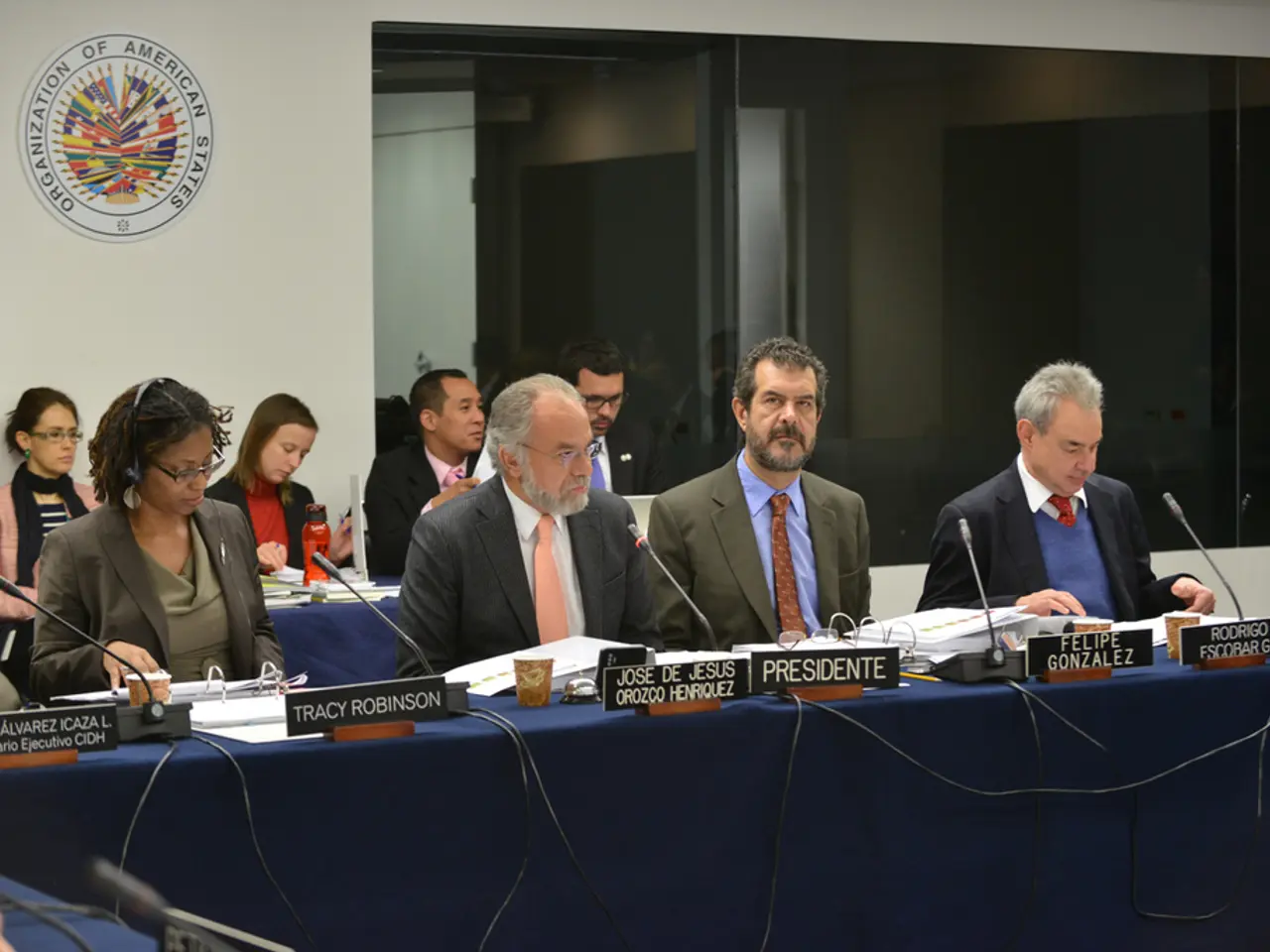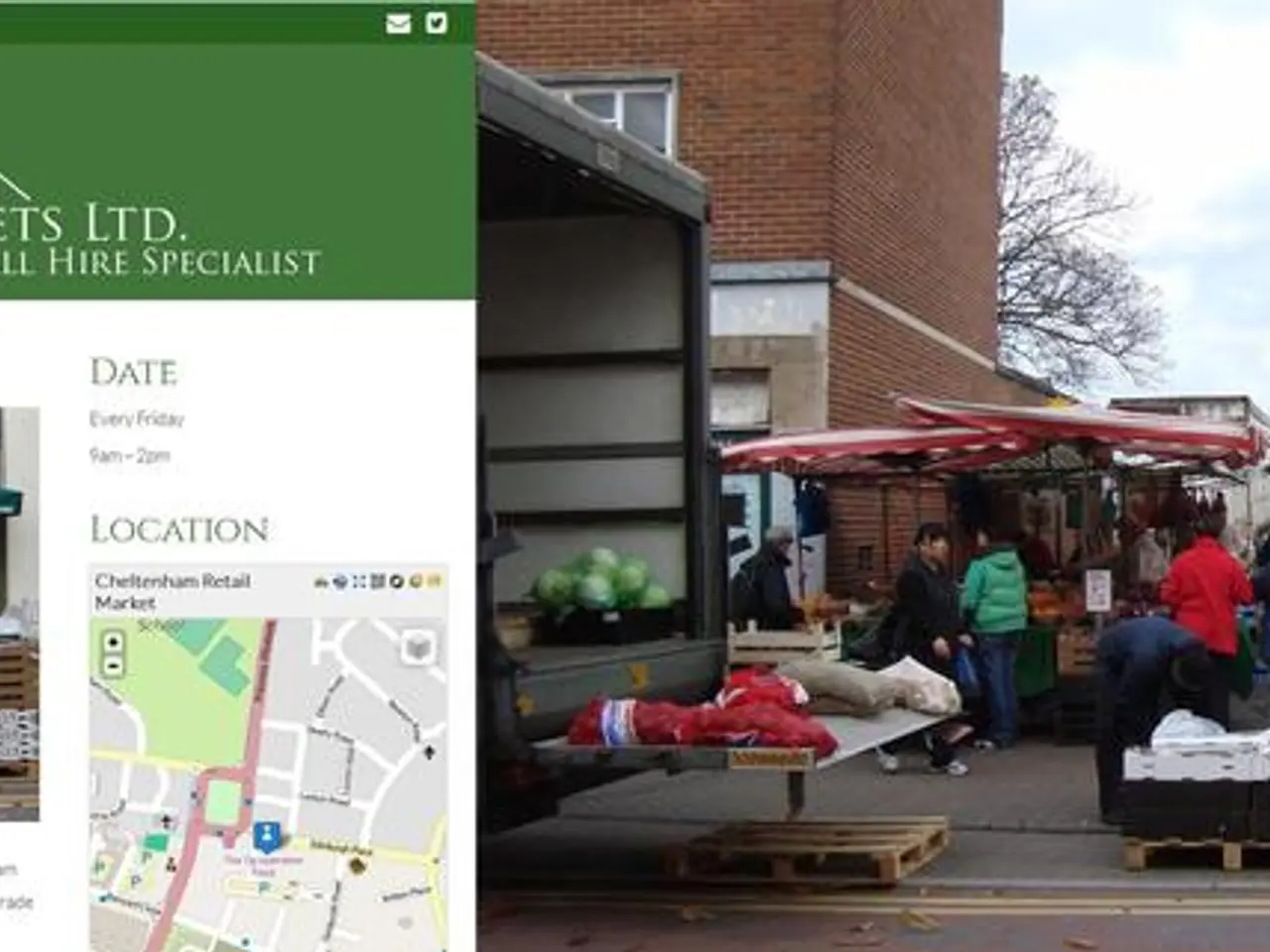Extent of Mental Health Issues Among Latinx Individuals
In the United States, the Latinx community, numbering approximately 60.5 million people or 18.5% of the population, faces unique mental health challenges. This diverse group, often impacted by chronic stressors such as discrimination, immigration fears, language barriers, financial hardship, and stigma around seeking mental health care, grapples with common issues like depression, anxiety, substance use disorders, and trauma-related stress [1][2][3][4].
One of the key challenges impacting Latinx mental health is racism and chronic discrimination, which cause ongoing stress beyond isolated traumatic events [1]. Immigration-related fears and financial hardships also increase psychological stress, particularly among youth who may have caretaking or translation responsibilities at a young age [1].
Another significant obstacle is the stigma against mental health treatment, influenced by cultural and religious beliefs that lead to reluctance to seek help [2][3]. Language barriers and a lack of culturally competent care further complicate matters, making it difficult to communicate and access effective treatment, especially for those who are not fluent in English or who speak indigenous languages [3][4].
As a result, only about 35% of Hispanic/Latinx adults with mental illness receive treatment yearly compared to about 46% in the general U.S. population [4]. However, there are resources and support options available to help.
Cognitive Behavioral Therapy (CBT) adapted for Latinx youth has been shown to be effective for improving emotional regulation and coping skills but is underutilized due to access issues [1]. Community-based programs and coalitions, such as the Latino Behavioral Health Coalition, advocate for better mental health services and culturally sensitive care [3].
Multi-lingual mental health providers and interpreter services are critical for overcoming language barriers and should be prioritized by healthcare providers [4]. Addiction and mental health recovery resources tailored to Latinx individuals that focus on culturally competent care and address substance abuse alongside mental health are also essential [2].
Increased outreach and mental health literacy programs within the community can help reduce stigma and educate about available treatment options [3].
If you or someone you know is in crisis and considering suicide or self-harm, seek support through the 988 Lifeline, Crisis Text Line, or local emergency services.
Expanding access to culturally competent, language-appropriate, evidence-based treatments and community advocacy groups represents critical avenues to improve care for the Latinx population [1][2][3][4]. It is crucial to continue addressing these issues and working towards a more inclusive and supportive mental health landscape for all communities.
References:
[1] Substance Abuse and Mental Health Services Administration (SAMHSA). (2020). National Hispanic and Latino Mental Health Data. Retrieved from https://www.samhsa.gov/data/hispanic-latino-mental-health-data
[2] Mental Health America. (2021). Mental Health America's Resources for Latinx/Hispanic Communities. Retrieved from https://www.mhanational.org/issues/latinx-mental-health
[3] National Alliance on Mental Illness (NAMI). (2021). NAMI's Compartiendo Esperanza. Retrieved from https://www.nami.org/Find-Support/Latinx-Resources
[4] American Society of Hispanic Psychiatry. (2021). Mental Health Disparities in the Latinx Community. Retrieved from https://ashp.org/mental-health-disparities-in-the-latinx-community/
- The unique mental health challenges faced by the Latinx community, rooted in contextual factors like racism, cultural stigma, immigration fears, language barriers, and financial hardship, necessitate a multi-faceted approach to provide adequate health-and-wellness support.
- Science-backed treatments such as Cognitive Behavioral Therapy, when adapted to the cultural nuances of the Latinx community, have proven effective in improving emotional regulation and coping skills among Latinx youth, yet access issues persist.
- Community-based programs, advocacy groups, and multi-lingual mental health providers play a vital role in reducing language barriers, promoting mental health literacy, and increasing access to care for the Latinx population.
- Mental health recovery resources that are tailored to the Latinx community, addressing both mental health and substance abuse issues, and addressing racial and cultural disparities are essential in paving the way for better mental health outcomes for Hispanic and Latinx individuals.




